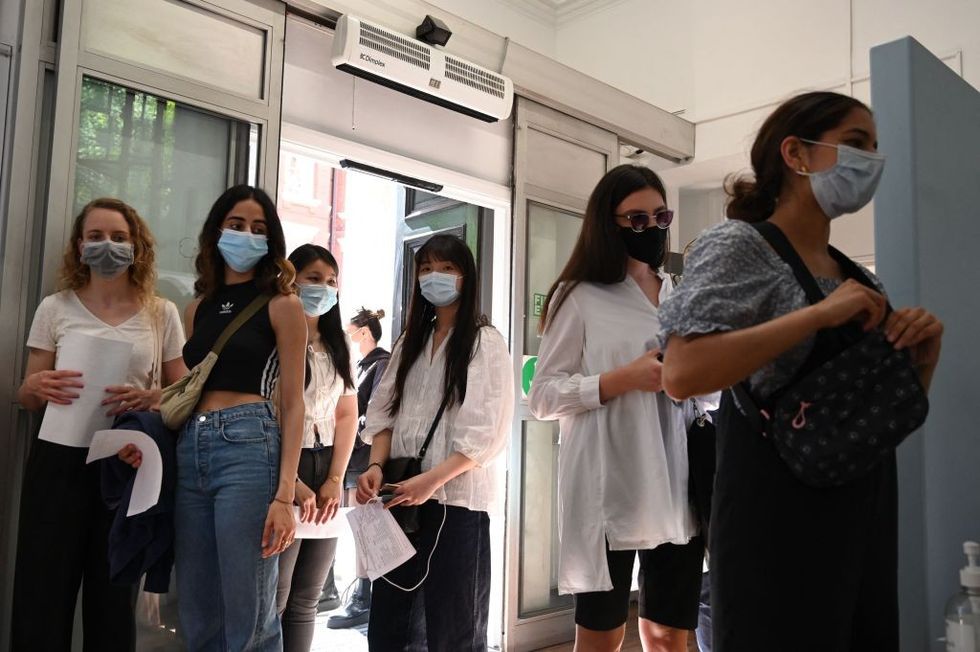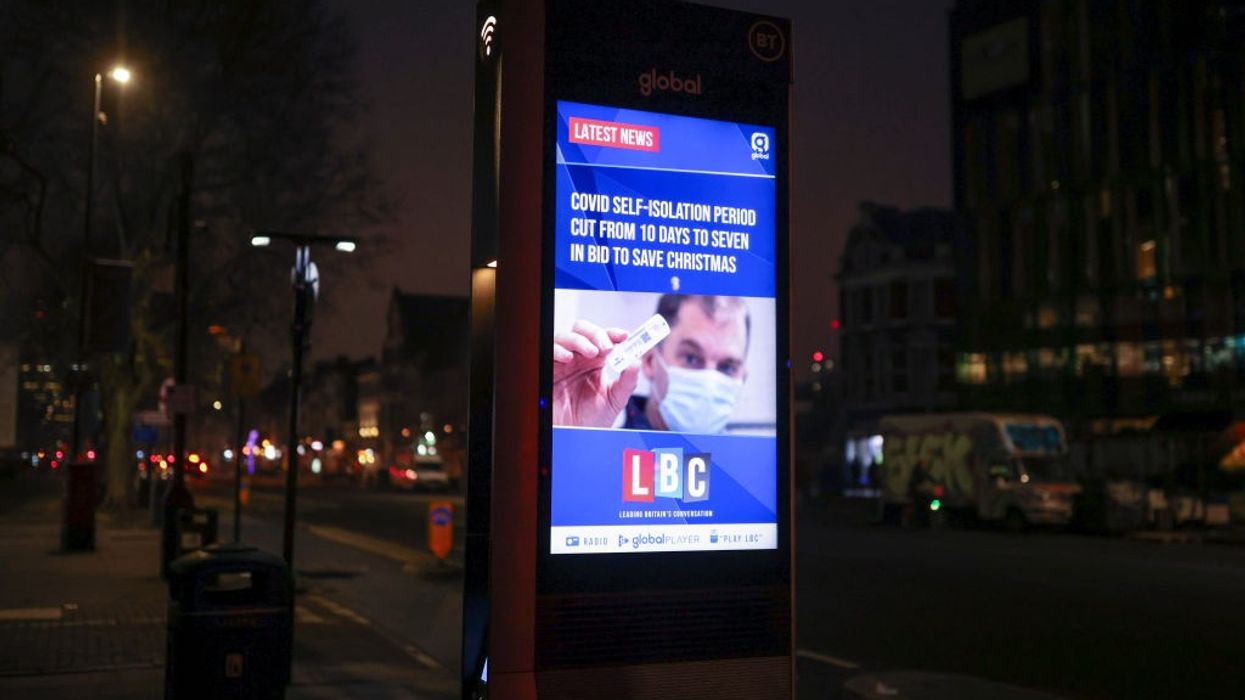TWO studies from Britain published Wednesday (22) showed Covid infections with Omicron are less likely to result in hospitalisation compared to the Delta variant, the latest research confirming a trend first identified in South Africa.
The preliminary studies - one paper from Scotland and the other from England - were cautiously welcomed by experts, who nonetheless stressed that any advantage in milder outcomes could still be negated by the new strain's heightened infectiousness, which may still lead to more overall severe cases.
"We're saying that this is qualified good news - qualified because these are early observations, they are statistically significant, and we are showing a reduced risk of hospitalisations," Jim McMenamin, a co-author of the Scottish research, told reporters on a call.

The Scottish paper examined Covid cases recorded in November and December and grouped them by cases caused by Delta against those caused by Omicron.
It found that "Omicron is associated with a two-thirds reduction in the risk of Covid-19 hospitalisation when compared to Delta," while also showing that a booster vaccine offered substantial additional protection against symptomatic infection.
The study was small and there were no people under 60 hospitalised at the time, but the authors said they had adjusted for these limitations using statistical methods.
The second paper, from England, found there was a 20-25 per cent reduction in any attendance at hospital for Omicron compared to Delta, and a 40-45 per cent reduction in hospitalisations lasting one night or longer, in other words, "admissions."
The Scottish study only looked at admissions so this may account for part of the difference seen.
Azra Ghani of the Imperial College London, who co-authored the England study, said in a statement: "Whilst the reduced risk of hospitalisation with the Omicron variant is reassuring, the risk of infection remains extremely high.
"With the addition of the booster dose, vaccines continue to offer the best protection against infection and hospitalization."
Neither of the studies has been peer-reviewed, but they add to growing evidence about disease outcomes with Omicron.
It remains unclear whether the decreased rate of severe cases seen with Omicron is because of characteristics of the variant, or whether it appears milder because it is coming up against populations with greater immunity from prior infection and from vaccination.
Penny Ward, a professor of pharmaceutical medicine at King's College London, who was not involved in the research, said: "This news does not detract from the extraordinary spread of this variant across the population, and the fact that even a small proportion of people needing hospital care for Covid may become a very large number indeed if the community attack rate continues to escalate."
(AFP)




